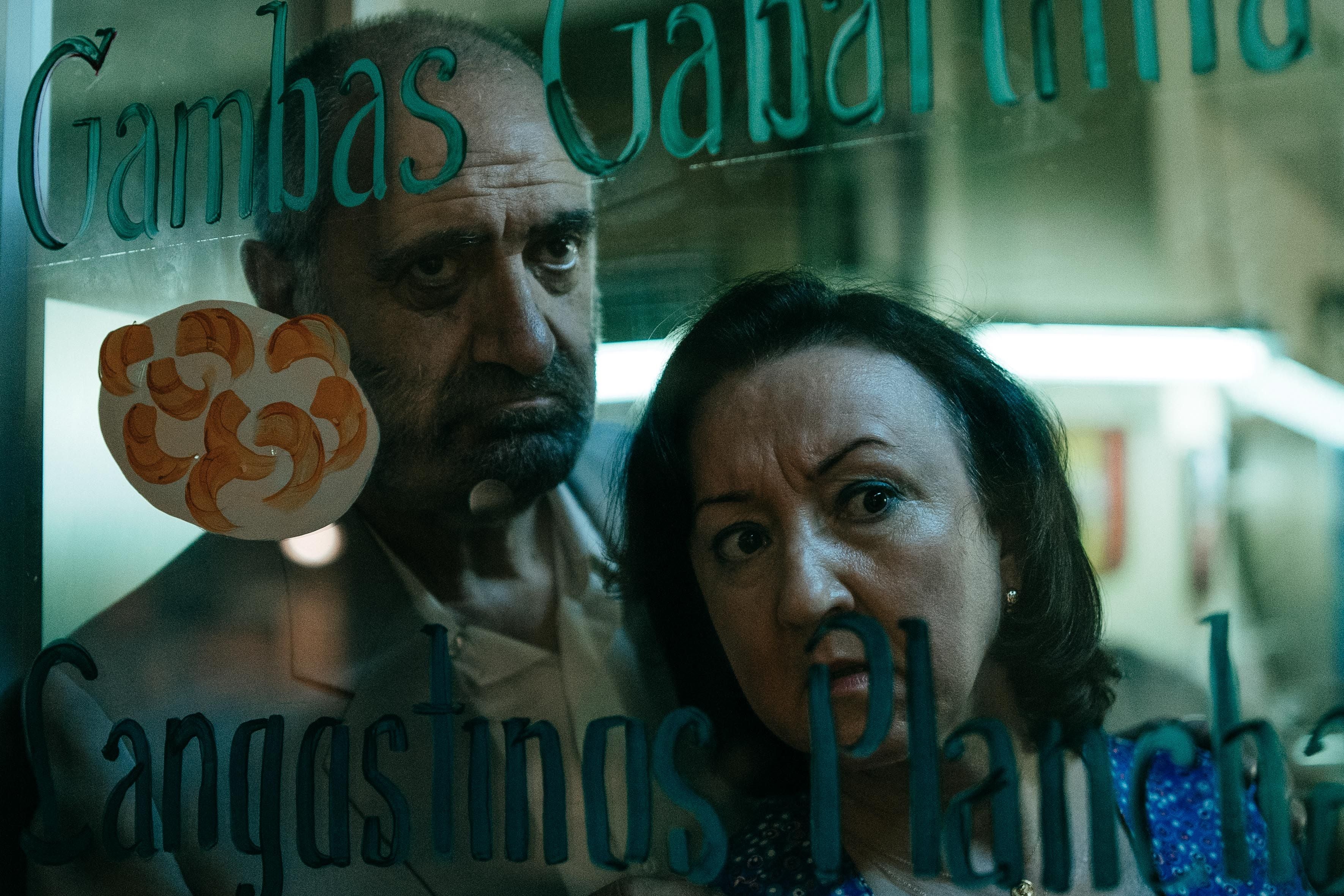Nazis on the beach: How Spain’s Costa Blanca became a safe haven for SS officers after war
A new film reveals the hidden history of Nazis enjoying the high life while sheltered in Franco’s Spain, reports Graham Keeley


The Costa Blanca is today almost a second colony for British expatriates and tourists but a new film has revealed how this part of Spain was once the favoured refuge of Nazis hiding from the reach of law.
The Substitute tells the story of how after the Second World War former SS officers used Spain as their personal fiefdom, helped in no small measure by General Franco’s sympathetic regime.
Even after the Spanish dictator’s death in 1975, the Spanish secret service and police ensured that the country remained a safe haven for loyal followers of Adolf Hitler who were hunted by international prosecutors and Mossad, the Israeli secret service.
Though General Franco’s sympathetic attitude to the Third Reich and its loyal servants has been documented in a number of books, few Spanish films have dared tackle this subject – until now.
Oscar Aibar, director of The Substitute, only sought to tell this story after a chance encounter in a bar in Calpe, a resort in southeastern Spain where British expatriates make up nearly 14 per cent of the population.
“Ten or 15 years ago, I spent my summer in Calpe. There were photos of famous people who had eaten there on a bar wall. There was one of six people in SS jackets. I asked if there was a film being made and they said “no, no, these are the Germans from Denia, a village nearby’,” he told The Independent.
“I became interested. The mayor of Denia told me they used to celebrate Hitler’s birthday, they all wore their uniforms from the Second World War and played Wagner.”
Mr Aibar, whose film has received critical acclaim in Spain, said when he started research on the film four years ago he spoke to two former agents from Mossad, the Israeli intelligence service.
They related two plots to kidnap wanted ex-Nazis who were hiding out in Spain.
“In 1967 during the Six-Day War, Mossad believed that an expert in missile technology lived in (southeastern) Spain. They tried to kidnap him but this failed,” Mr Aibar said.
The other operation was to try and capture Dr Aribert Heim, the so-called “Dr Death” of the Mauthausen concentration camp who injected prisoners with unknown substances.
In 1982, when democracy had returned to Spain, Mossad tried to kidnap Heim who was also believed to be hiding out in Spain, Mr Aibar said.
“Heim liked to dive and to go sea fishing. They wanted to kidnap him at sea but it failed.”
Heim was later said to have escaped to Uruguay where he was reputed to have set up a clinic. In 2005, Spanish police mounted an operation to arrest Heim after it was reported that he was living in the Costa Brava. Reports suggest he died in Egypt in 1992, but no trace of his body has been found.
“For any fascists in Spain, these men were like rock stars for them,” said Mr Aibar.
These stories of the Nazis hiding under the Spanish sun had all the elements for the thriller which later became The Substitute.
The film tells the story of a police officer who settles on the Costa Blanca hoping for a quiet life but who comes across a web of former Nazis.
It recreates how even in the early 1980s Spain was struggling with the forces of Francoism even after the dictator’s death as the officer tries – and fails – to bring the wanted men to justice.
Among the best known refugees from the Third Reich in Spain was Otto Skorzeny, an SS lieutenant colonel who took part in an 1943 operation to rescue the deposed Italian Benito Mussolini from the partisans.
He escaped from the Allies after the Second World War and settled in Madrid where he was allegedly later recruited by Mossad to work for them. He later died in 1975 from lung cancer.
Leon Degrelle, known as the “Belgian Fuhrer” who led a pro-Nazi party in his own country and served with the SS, escaped to Spain in 1945.
Under the protection of the Franco regime, he lived under the name José León Ramírez Reina, until his death in Malaga in 1994.
Less well known is Clarita Stauffer, who was born in Madrid to a German family before the Second World War. She helped Nazis hide in Franco’s Spain.
Peter Besas details in his 2015 book Nazis in Madrid how Stauffer would help provide fugitives with new clothes, jobs and false identity papers.
She was said to have helped Walter Kutschmann, a former Gestapo officer who was wanted for the massacre of 2,000 Jews in Poland in 1941, to escape arrest. He was later arrested in 1985 in Buenos Aires and died in hospital in Argentina the following year.
After nearly 40 years of fascist dictatorship, Spain eluded the influence of the far-right for decades – until 2019’s general election when the right-wing Vox party broke through on to the national stage.

The ultra-nationalist party is the third largest political party in the Spanish parliament, commanding 52 seats in the chamber.
A recent poll for El Confidencial, an online newspaper, predicted that at the next election in 2023, the conservative People’s Party (PP) could win 120 seats and form a coalition government with Vox, putting the far-right in power for the first time since Franco’s death in 1975.
However, the PP will be anxious to avoid depending on Vox to avoid alienating the support of moderates. It seems likelier they might only ask Vox to pass legislation but not to enter as a coalition partner.
The same poll found support for the Socialists, who currently form a coalition government with the far-left Unidas Podemos, might fall from 120 seats to 101, leaving them without enough votes to form a government.
Join our commenting forum
Join thought-provoking conversations, follow other Independent readers and see their replies
Comments


Bookmark popover
Removed from bookmarks